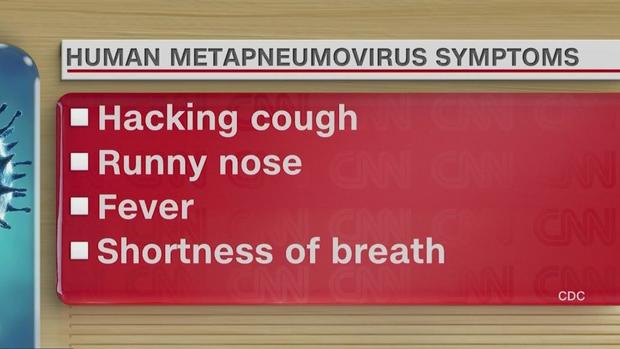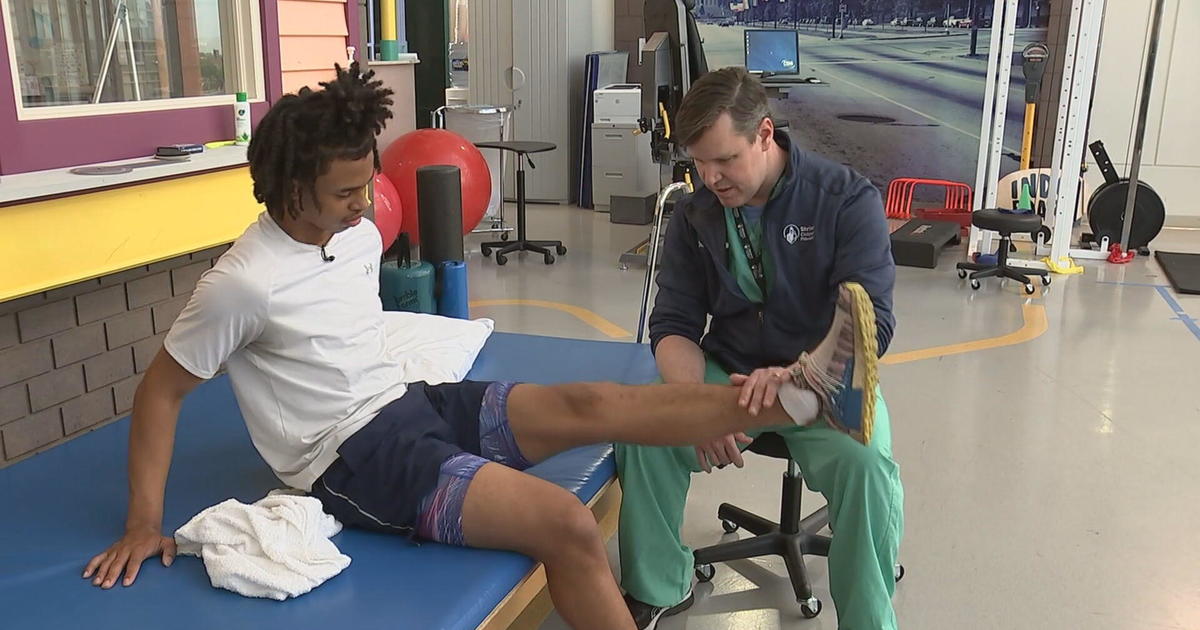HMPV symptoms: How to know if you have human metapneumovirus and how to treat it
PHILADELPHIA (CBS) -- A virus that most people haven't heard of has spread across the United States. It causes symptoms similar to the flu and COVID, and is filling some hospitals with young children and seniors, according to the CDC.
It's called human metapneumovirus (HMPV).
"The symptoms are identical almost to influenza and respiratory syncytial virus," said Dr. Jorge Rodriguez, a board-certified internal medicine specialist.
At its peak in mid-March, nearly 11% of tested specimens were positive for HMPV.
"What is most concerning is the fact that it has increased approximately 36% in the last year," Dr. Rodriguez said.
The virus has been around for a while but health experts believe pandemic precautions, like masking, kept it at bay.
"Now that we've let down our defenses, now that we are not as cautious, all these viruses -- think of it this way -- were just waiting to pounce and indeed they are pouncing," Dr. Rodriguez said.
Most people who caught HMPV probably didn't even know they had it because sick people aren't usually tested for it outside of a hospital.
RELATED: What is HMPV? The infectious respiratory disease spiking this year, explained.
Unlike COVID-19 and the flu, there's no vaccine for HMPV or antiviral drugs to treat it. Instead, doctors care for seriously sick patients by treating their symptoms.
"The best treatment is precaution and prevention," Dr. Rodriguez said.
Health experts said that's why it's important to be aware of this virus, especially if those most vulnerable to it get sick.
"Monitor them. If they get sicker, for example, if they get short of breath or their fever spikes up above 103 or 104, then you need to go see a physician," Dr. Rodriguez said.
Experts said it's hard to know how widespread this virus, but one study said most children have been infected by age five. People can get repeat infections, which is something those at risk need to watch out for.





